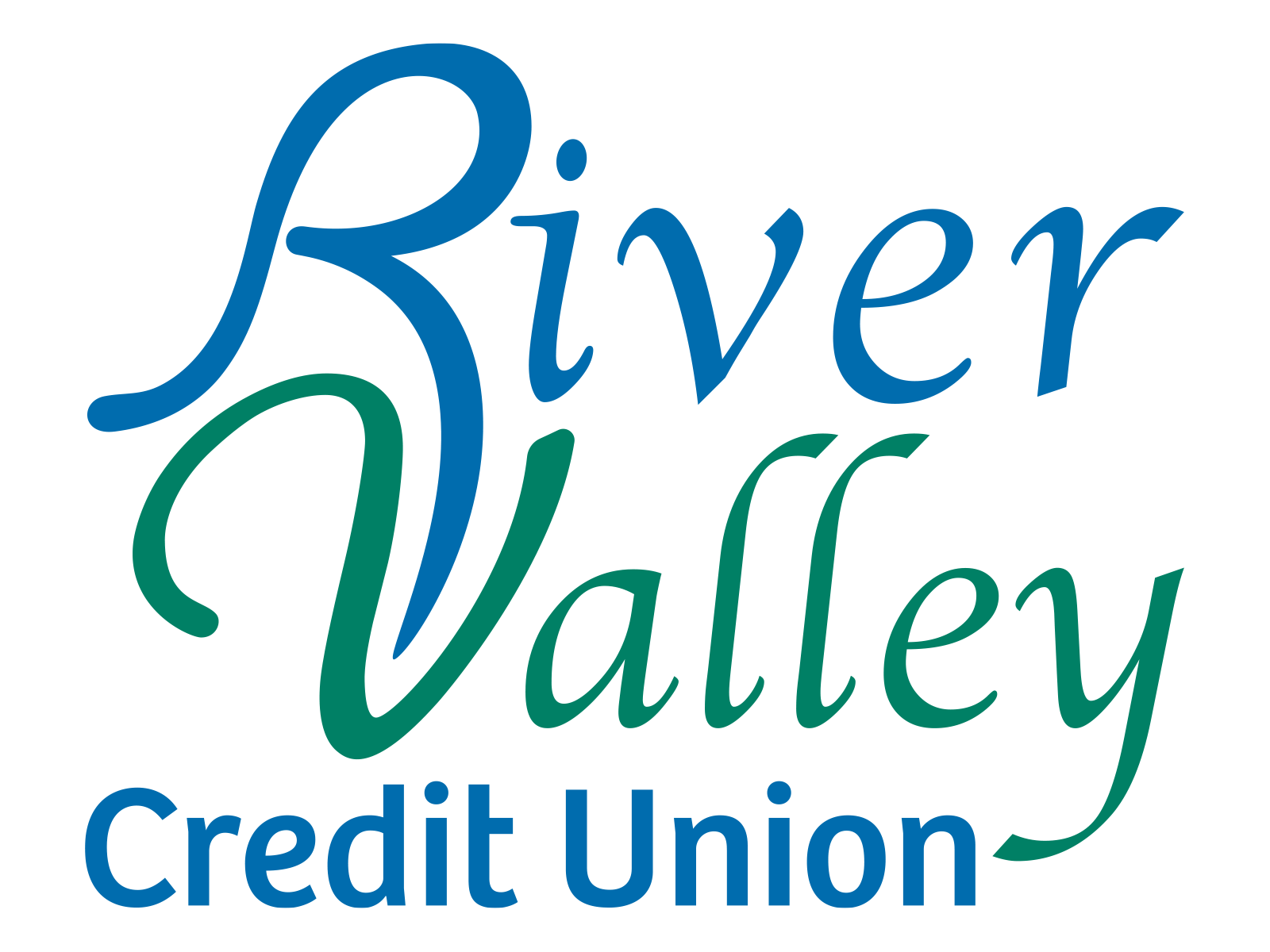
Talking to your kids about money can be tough. It’s often a topic that is avoided or ignored. However, financial literacy is an invaluable skill that should be taught in every household in order to prepare your little ones for the journey ahead.
“The most effective way to teach is by having frequent discussions and don’t ever lecture,” said Ted Beck, president, and chief executive of the National Endowment for Financial Education, in a recent Wall Street Journal article. “Look for teachable moments and always be willing to answer questions.”
Unfortunately, this can also be the hardest.
A 2015 T. Rowe Price survey found that 72% of parents experienced at least some reluctance to talk to their kids about financial matters, and 18% were either very or extremely reluctant. The most common reasons given were that the parents didn’t want them to worry about financial matters or thought they were too young to understand.
But on his blog, the personal-finance guru and radio host Dave Ramsey encourages parents to be more open with their kids about money, even their failures. Parents’ biggest regrets are often not saving enough or going into too much debt, wrote Ramsey. Being honest about that in an age-appropriate way, he stated, can be a powerful lesson.
So how to start the talk?
Ask questions. If you’re going out to eat, talk about the price difference between the options, and ask them which they would choose. If they select the more expensive, talk through what you might have to give up later in the week.
Make them part of your budgeting. If you’re doing any kind of financial planning for the year, solicit input from your kids. Enlist them in your saving goals—no one watches you more closely than your kids, so they’re natural accountability partners! If you’re uncomfortable revealing too much of your financial picture, you can keep the discussions high level, but involving them makes money less abstract
Open a youth savings account at River Valley Credit Union.
This is the best way to help them learn to save for what they find meaningful in life. A lifetime of good savings habits can start now!
Content provided by CUNA.
